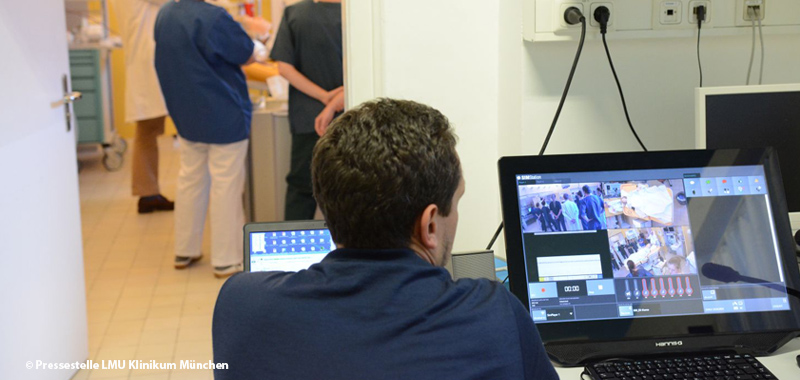
Training is useful in acquiring and maintaining skills. While this statement is very well founded in current scientific literature, it seems rather unknown to healthcare administrative bodies. This makes developing training programmes, be it for emergencies or any other healthcare field, a two-front battle. The needs of the learners, the technical and educational possibilities, curricular implementation – all of these will be addressed in the course of the SAFETY+ project. It is important, however, to keep in mind that all training programmes need to be implemented in the real world, and such implementations cost real money. To demonstrate the relevance of this slightly off-topic matter, we will resume in a few paragraphs the saga of a seven-year struggle to successfully implement life support trainings at a major university hospital.
While public awareness of the necessity of various training formats has continuously increased over the past two decades, using training as a method of risk management also got growing attention. Based on this, an initial training concept was developed, aiming at establishing regular courses as part of the personnel development. Despite initial approval by the hospital management, negative fiscal developments put a hold on the initiation of training.
It was not until some years and attempts later that, by gaining allies within hospital management itself, designing and implementing a training programme wasn’t an external proposal to the management anymore, it was the solution to a problem raised by the management. In the decisive meeting, the CEO made a memorable statement, proving that all the work had shown the desired effects. He said:
“I understood that we need to do this in order to accomplish our mission to care for our employees. It is up to us (the board) now to dig up the necessary funding.”
While having a very sound concept, based on research and expert consensus, is paramount, a certain dose of flexibility in implementation details, while maintaining strong arguments for the core values of the proposal is also important in the implementation phase.
SAFETY+ will combine those two aspects – a Europe-wide research and expert group designing the programme, but also the flexibility in adapting to local curricular requirements, thus helping the broad adoption of the concepts created in this project.



